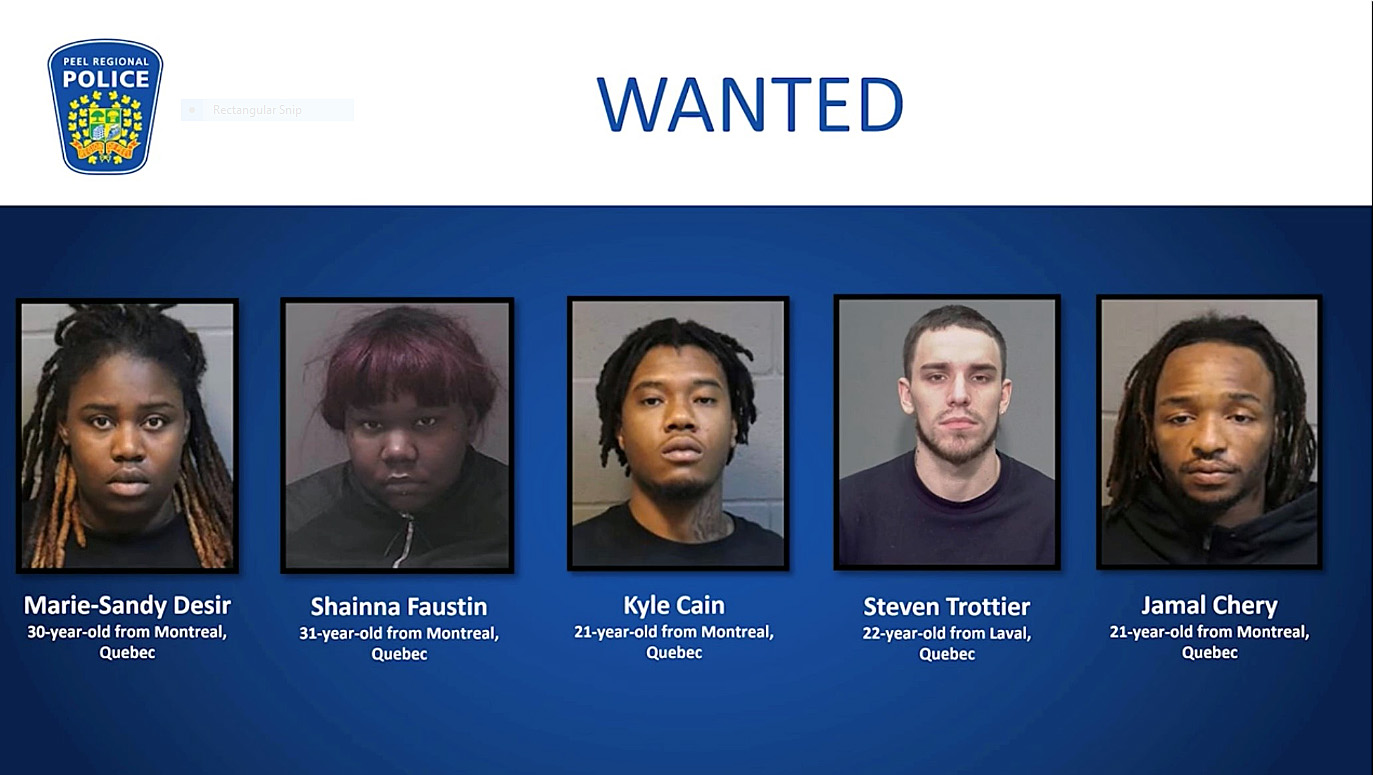Infra
Mayor Chow says rideshare services like Uber are contributing to downtown Toronto congestion

An attempt to place a cap on the number of driver licences for private ride-share services like Uber and Lyft is back before city councillors.
At Tuesday’s executive committee meeting, City of Toronto staff will vote on a report that aims to limit the number of drivers in the city that work for ride-hailing services.
In comments made ahead of the meeting, Toronto mayor Olivia Chow says part of the reason for the cap is to alleviate congestion in the downtown core.
“A third of [drivers] that are in downtown are sitting waiting for fares, which means that it contributes to congestion,” Chow said at a media availability Tuesday.
“And it means that while they’re waiting, they’re not earning anything.”
Chow said that since a report on rideshare services was commissioned by the city last October, driver wages for companies like Uber have dropped from $8 an hour to $6.
The mayor said that after extensive consultation with the industry and drivers, there is still a lack of clarity about how drivers are paid. She cited events like Taylor Swift’s Eras tour and TTC closures that lead to a practice called surge pricing, and said it was unclear how much of the fare increase goes to the company and how much goes to the drivers. She also said the practice is making Uber trips unaffordable for riders.
In a statement provided to CTV Toronto on Tuesday, Uber Canada says, “the number of rideshare drivers on the road is 15% lower than pre-pandemic levels. Only a third of licenced drivers complete a trip on a given day. The City staff report itself says that rideshare only accounts for 4.5% of total traffic citywide.”
“The City has spent this year extensively looking at the root causes of traffic in the city and not once was Uber mentioned.”
Uber representatives were present at Tuesday’s committee meeting, hoping to make their case.
In a report released last week, city staff recommended that council amend the current vehicle-for-hire bylaw to cap the number of private transportation company (PTC) licences at 80,429.
The cap would not apply to zero emission and wheelchair accessible vehicles.
The report also said that in Sept. 2024, about 33 per cent of the distance PTC vehicles travelled across the city was spent “cruising for a passenger.”
“The number of empty rideshare cars have increased,” said Chow. “More and more they’re waiting for fares, which makes it really hard for the city of Toronto especially in the downtown core.”
The cap would operate on a “one-in, one-out system,” keeping the number of drivers “static.”
Chow admitted Tuesday that there is a bit of red tape around implementing the cap, saying that drivers with licences from surrounding cities where different rules apply – like Mississauga or Markham – can still cross municipal boundaries and pick up rides in Toronto.
As for Toronto councillors, not all are onboard with the proposed cap.
“This is an ideological issue for the mayor,” councillor Brad Bradford told CTV Toronto ahead of Tuesday’s executive committee. “Right from day one she came into council and was determined to put a cap on rideshare but she’s offside with the public, she’s offside with Torontonians looking for choice, convenience and affordability.”
This is not the first time Toronto has tried to reel in the number of rideshare drivers operating in the city. They previously tried to stop giving out licences last year but resumed after a legal battle with Uber Canada.
If approved at Tuesday’s executive committee meeting, council would vote on final approval Dec. 17.








